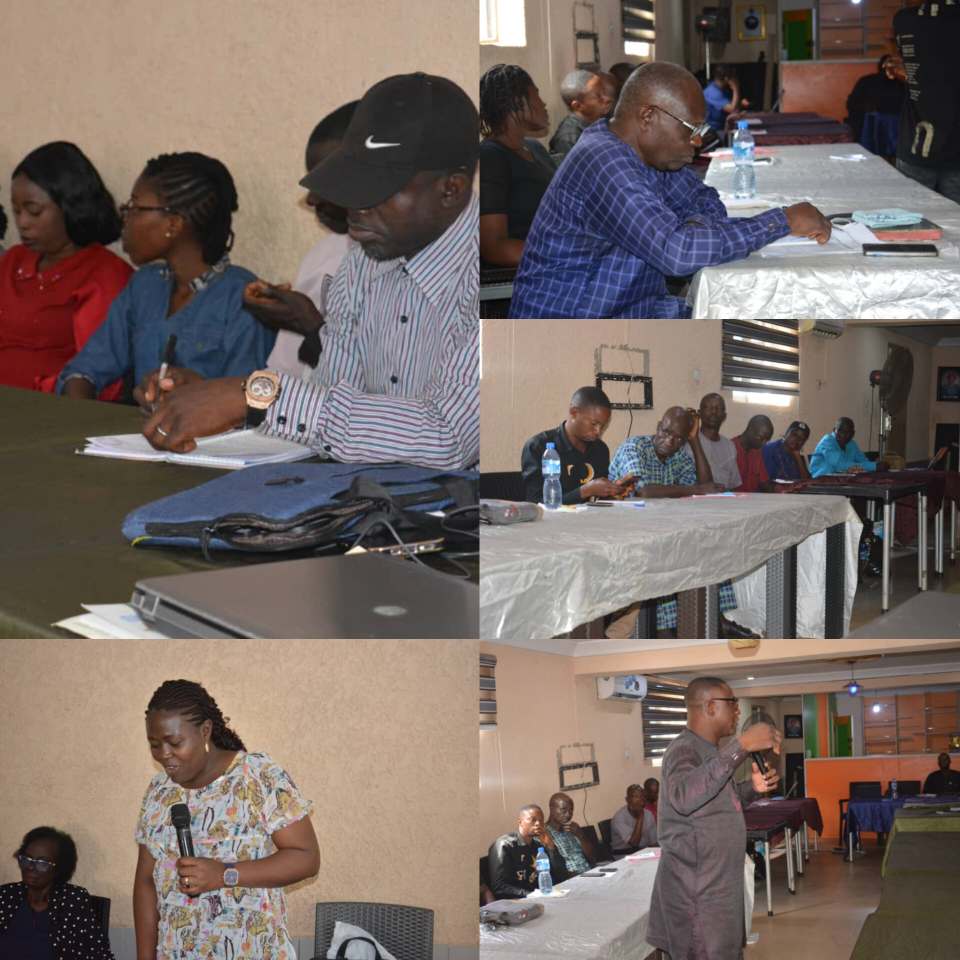
…calls for citizens participation in State budget development
By Precious Oham
A Non Governmental Organization, Environmental Development and Family Health Organization, EDFHO, has tasked Ekiti State Government on accountability and inclusivity on budget implementation in the State.
The Civil Society Organization made this known through its Executive Director, Olu Ogunrotimi during the 2 day Workshop on “Budget Monitoring and Tracking” organized in collaboration with ActionAid Nigeria for Civil Society Organizations, MDA’s, community representatives from three LGAs named: Ilejemeje, Gbonyin and Ekiti West.
Speaking in an interview with newsmen, Sir Ogunrotimi disclosed that the workshop is aimed at spurring participants to make demands and monitor the progress of implementation of budget in the state, especially as it affects the community people and citizens of the state.
On their expectations of participants, Ogunrotimi said, “We are expecting the participants to look at every year budget, make sure they participate in the development of the state budget, make their input at the normal time and make sure that their input goes to the state governments budget.
“At the same time during the budget implementation, make sure that all the allocations go to where it’s supposed to go to and see what they are been used for.”
He further called on the State government to intensify effort in the states budget with special interest to those in the rural communities as they ought to enjoy the dividends of tax paid.
Similarly, the Local Right Program Manager, ActionAid Nigeria, Kehinde Arowosegbe expressed the need for Stakeholders and citizens to demand for accountability and for the state government to incorporate the principle of inclusivity in budget drafting.
Arowosegbe stated that the training will help raise awareness of communities on budget matters.
In his words, “The training is about raising the awareness of communities to the fact that they should be asking questions concerning budget and that they should be concerned with budget no just listening to television or radio that the government has passed the budget.
“What is in the budget? How does it concern us? How do we benefit as communities from the budget? They are questions that people should be asking themselves and then, where should we go to if we need information concerning the state budget?”
He also anticipates that there will be increased accountability and inclusivity from government on budget implementation in the state.
Highlight of day two of the training is a lecture by one of the Resource Persons, Mrs Osamudiamen Owen-Akinwale, the Program Advisor of ActionAid Nigeria on ‘Budget Analysis.’
She said that budget analysis equips communities to effectively engage government in a more informed manner so that their demands will be taken seriously.
According to her, “it identifies government priorities, enhance participation in the budgetary processes, ensure fiscal discipline and adherence to budget goals and identify points or issues for community advocacy.”
The Program Advisor identified types of budget Analysis to include, “principle analysis that involves participation, accountability, transparency, accuracy, equity, timelessness while content analysis focuses on economic, budget and sectoral analysis.
“Outcome analysis that determines whether the objectives of the budget were met while impact analysis focuses on the changes and improvement taking place in the lives of members of the community.”
The participants were engaged in a rigorous practical budget analysis to equip them in monitoring and tracking budget implementation in the State.